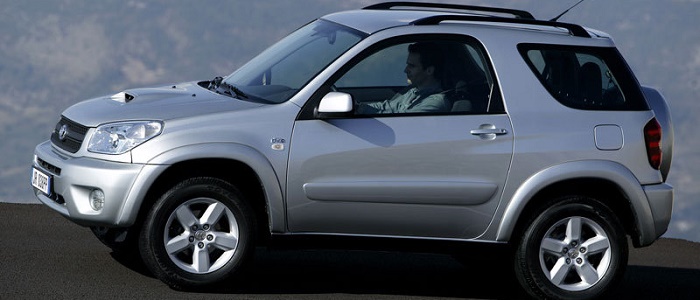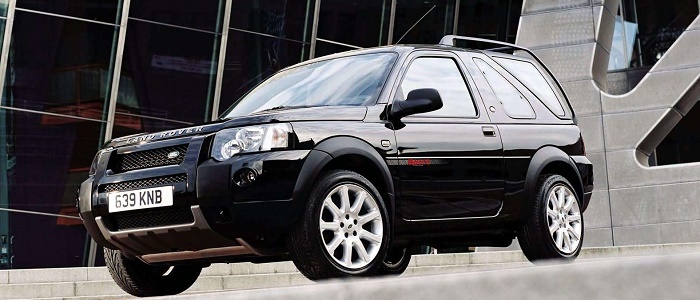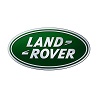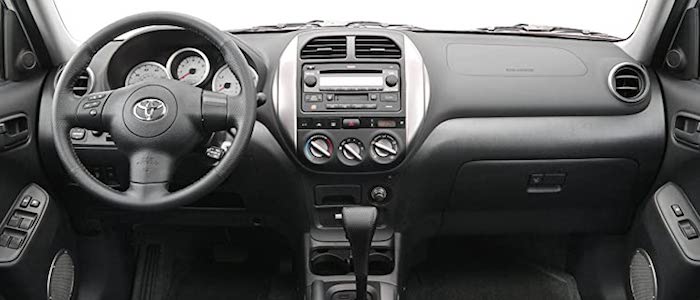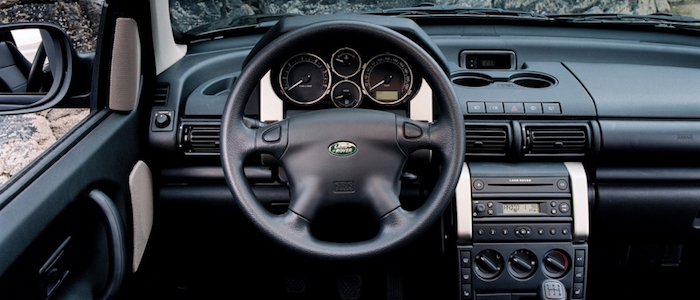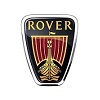Compare two cars
Compare any two cars and get our Virtual Adviser™ opinion
Dimensons & Outlines
Check vehicle history
Engine
Performance (manual gearbox)
Performance (automatic gearbox)
Expenses
Virtual Adviser's™ opinion
Two significantly similar cars, no doubt about that. Still, each one has something different to offer. Having both cars powered by petrol engines and utilizing the 3-door suv body style within the same 'SUV' segment, the only major difference here really is their wheel drive configuration (front for the Toyota and 4 x 4 in the case of the Land Rover). The first one has a Toyota-engineered powertrain under the hood, a 4-cylinder, 16-valves 125hp unit, while the other one gets its power and torque from a 4-cylinder, 16-valves 117hp engine designed by Rover.
SafetyThe fact that the Land Rover got tested by the European New Car Assessment Programme (Euro NCAP), while the other contender didn't, isn't really an advantage, taken the poor 3-star rating it received. Moving further on, let's take a closer look at some additional safety-related facts. Both vehicles belong to the suv segment, which is generally a very good thing safety-wise, still it doesn't help us solve our dilemma, does it? On the other hand, when it comes to weight, a factor that most people underestimate, the British car offers a potentially life-saving difference of 30% more metal.
ReliabilityManufacturers have been building their reliability reputation for decades now and, generally speaking, it appears that Toyota is significantly less fault-prone, all the models observed together. That's the official data, while our visitors describe reliability of Toyota with an average rating of 4.6, and models under the Land Rover badge with 3.8 out of 5. Some independent research have also placed RAV4 as average reliability-wise, and Freelander is more or less at the same level.Above it all, drivers of cars with the same engine as the Japanese car rank it on average as 3.0, while the one under the competitor's bonnet gets 4.6 out of 5.
Performance & Fuel economyToyota is a bit more agile, reaching 100km/h in 0.4 seconds less than its competitor. In addition to that it accelerates all the way to 175 kilometers per hour, 5km/h more than the other car. When it comes to fuel economy an obvious choice would be the Japanese car, averaging around 7.4 liters of fuel per 100 kilometers (38 mpg), in combined cycle. That's 41% difference compared to the British car!
Verdict
Land Rover appears just a bit more reliable, although the difference is truly marginal. The most important thing when deciding between any two vehicles should always be safety, both passive and active. In my opinion, everything taken into account, the British car beats the other contender by far, making it the best choice without even considering other things. From there things take a different direction, with Toyota being considerably quicker, thus putting more smile on driver's face. To make things even better, it consumps less fuel! I believe that, when we take all into account, we have only one winner here - the Toyota. Nevertheless, let's not forget that people have different preferences and needs, so what really counts is your personal feel. I'm only here to help. I suggest you spend two more minutes in order to find out which car, based on your needs and budget, would be picked by the virtual adviser™, out of 12.000+ vehicles we currently have in our database.























